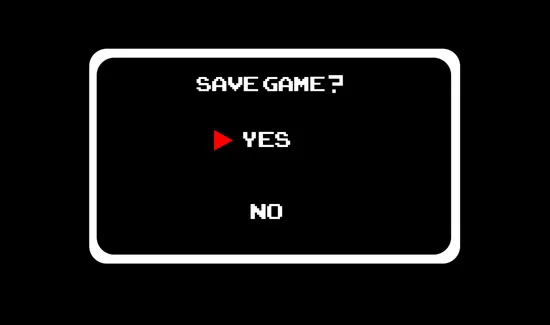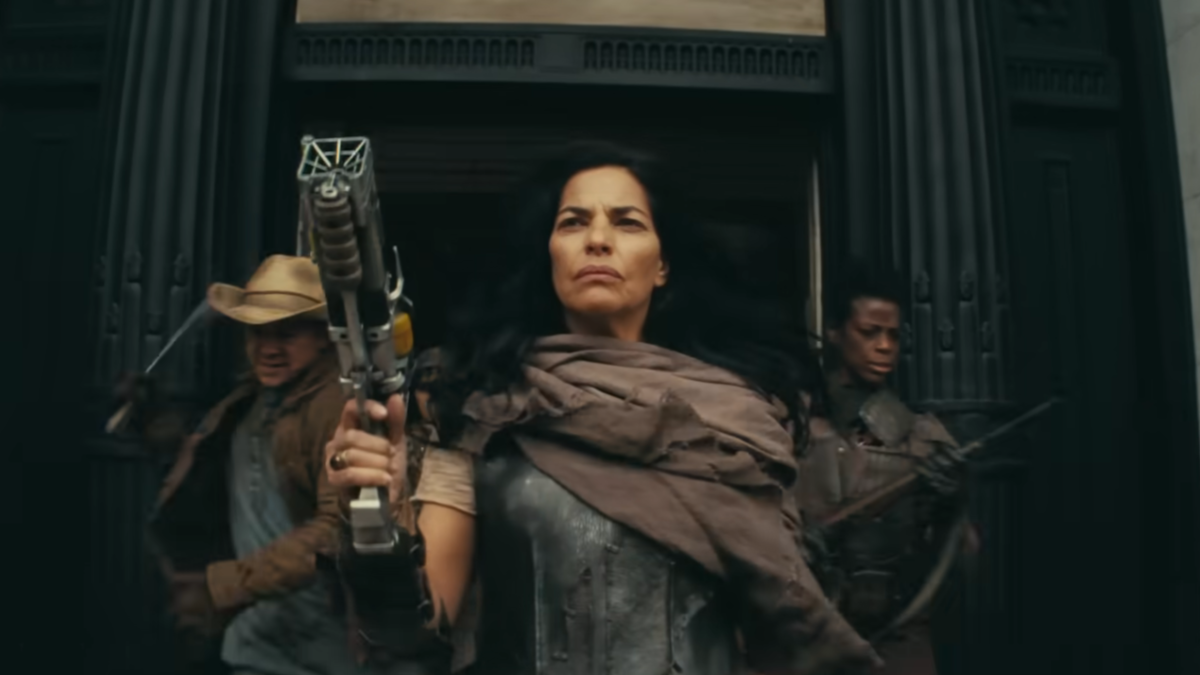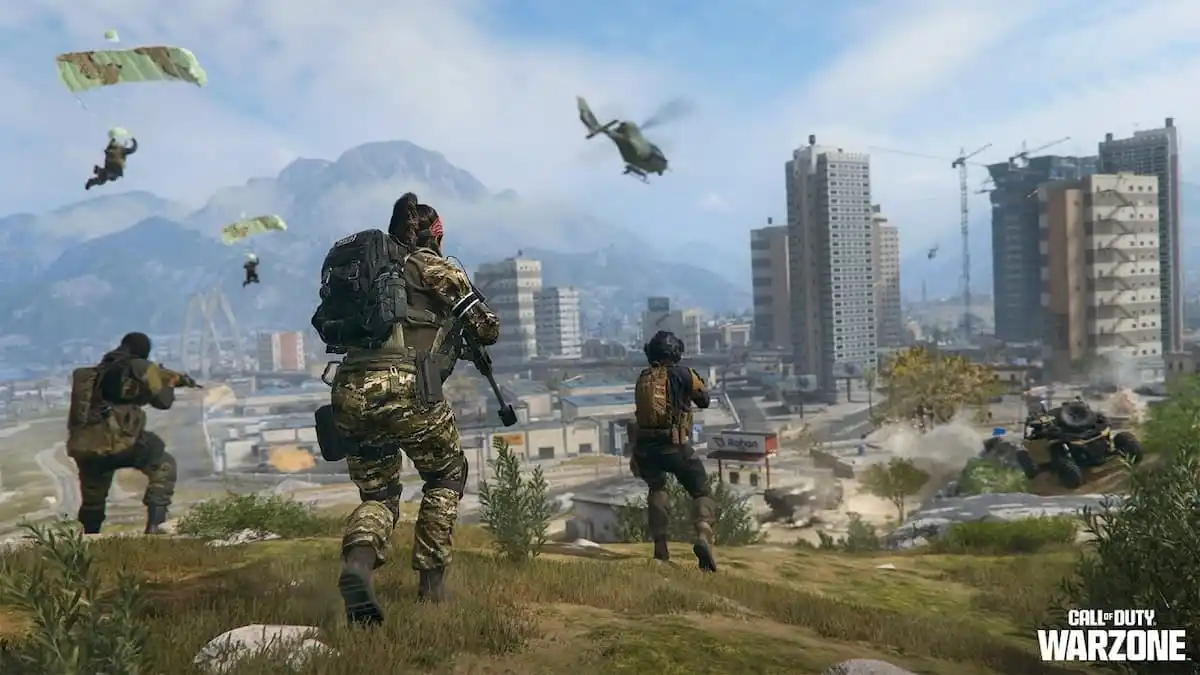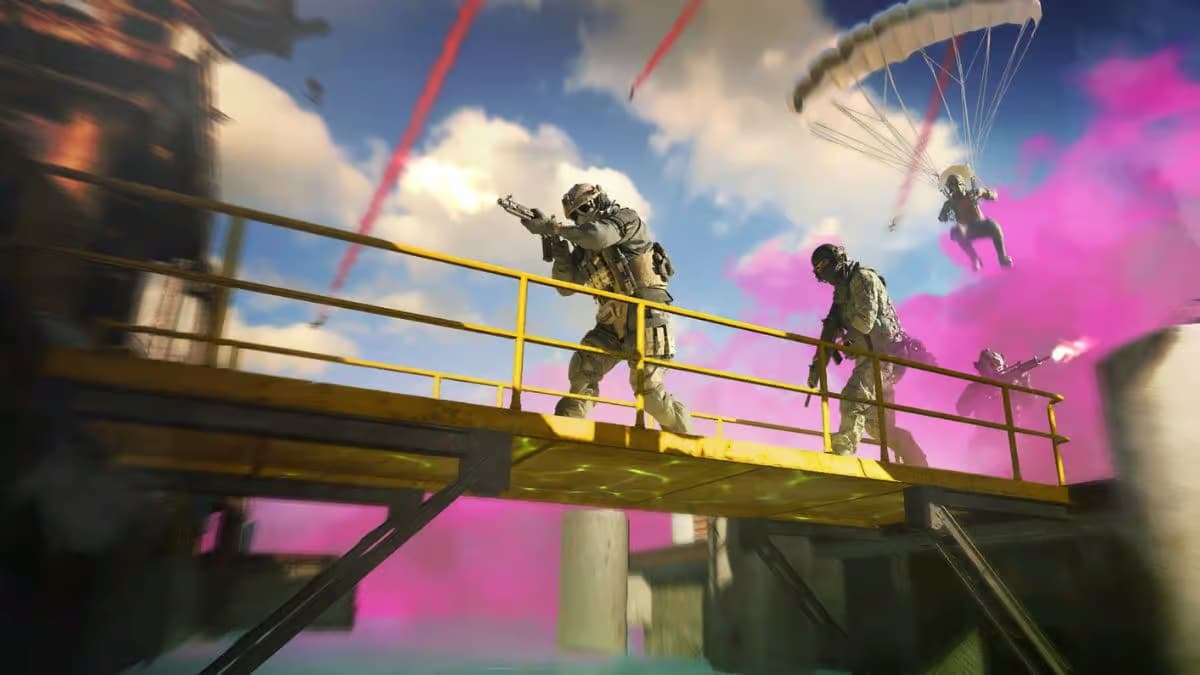Ever since the inclusion of the NES cartridge battery, we’ve had a way to save our progress, giving ourselves a little break from the constant struggle to beat a game in one sitting. It was a truly life-changing invention, really — allowing for the creation of much longer games, and sparing us the need to resort to passcodes.
Nowadays, we’ve got a myriad of saving structures, from those found in the overly sparse Dead Rising to the quick-saves in most PC games — Half-Life, for example — accessible at any point in time. The thing that’s changed most with the advent of the save structure? It’s in how we play the game.
Running through Symphony of the Night, or any Castlevania game for that matter, I will always dash through an area to where a save point might be, based on how each area is designed. I really don’t need to, but I’ve had way too many experiences where I run into a room, and then suddenly get mobbed by a group of enemies, losing a ton of health, and the thought that the save point might all along have been just beyond where I was heading is frustrating to no end.
Castlevania, for how it’s laid out, has an appropriate number of save points. Going to one extreme is the save structure of Dead Rising. Because there are only a select few areas where you can save, it creates this cycle of player behavior that alternates between being incredibly brash and utterly scared. After saving and stocking up on health, it’s all good if you go charging through a crowd of zombies, or sneak up on some black ops and cut them down — you’ve got the healing smoothies to replenish that damage. Once that’s all gone, though, it becomes a desparate search for a vehicle, an alternate route, or some way to get back to a save point and make everything all better.
Then, there’s the big daddy of saving: Resident Evil. A game that only gives you a limited number of saves throughout the game, depending on how many ribbons you can find for the typewriter. This mechanic sharply heightens the sensation of fear and helplessness within the game, making you wonder what’s behind every door — and whether or not it’s going to kill you instantly. The state of emotion this save system produces is perfect for this game, and while it made the Resident Evil games that much harder, it also created a more worthwhile and immersive experience.
The other extreme from Dead Rising and Resident Evil‘s save systems are quick-saves. I’ve noticed an utter fear cultivated by the game and this sort of system. Let’s take my roommate, for example. He recently beat Half-Life on the PS2, but not until he put me through the torture of watching him play. Whenever he completed a minor task, or cleared a room, or did just about anything, he would quick-save. It’s understandable, but when you take two points of damage and then quick-load because, “I shouldn’t have taken that,” it gets to be a bit extreme. You can understand why I was clawing my eyes out at this, right?
It allowed me to play on his sense of fear, though. He had gone through a room, took a fair amount of damage (he went from 100HP to 86HP), and thought he could do better. He gets out with 85HP, but didn’t remember what his health was before. “Oh, you actually took more damage that time,” I’d casually introject — so, he quick-loads, at which point I add, “It was only a point more, you realize.” I get cursed out quite a bit as he proceeds to try the room again, and spends the next 15 minutes dying.
Certainly he’s an extreme (and feel free to make fun of him, he reads the site), but the quick-save becomes a safety net, where the player feels as though there’s very little impact on the things they do, because they can easily try again later with no real penalties to them. A game like Half-Life is certainly an exception, since it’s going for a more immersive feel. I’ll point to Phoenix Wright, though, with the same criticism. Saving at any point allows players to freely guess at anything in the court case without consequences — because they can just reload the situation if they make a mistake.
It would be better if the game just automatically saved at certain points, so the player doesn’t even have to think about think about saving. If they have to run off and do something, they implement a temporary save, where it creates a save file, but deletes it once it’s loaded again.
There are a variety of linear games that treat save points in a more normal fashion — complete a set of challenges, and then be rewarded by being able to save. Not spacing them out properly causes players to get irritated at being pushed too far without being able to take a quick break. The system feels antiquated, but is there any way to change it without removing the challenge of playing through a level?
There’s an evolution soon to happen, with HDD becoming the norm for how games save. It’s possible that auto-saves might replace traditional save points, leaving players to go find someplace to replenish their health. Readers, how have game saves affected how you, and where do you think game saving should go in the future?




